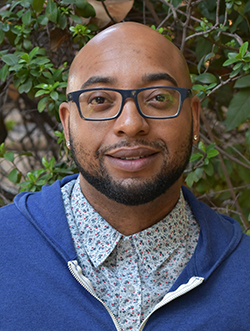
Perhaps more than any other health crisis occurring in the past century, the COVID-19 pandemic highlighted the stark health disparities in our nation, particularly for communities of color. These disparities and others are evident in the ways different people and groups experience the social determinants of health (SDoH), which are the conditions in which people are born, grow, live, work, and age. These factors include socioeconomic status, access to health care, education, neighborhood and physical environment, employment, and social support networks. As such, community-based organizations play a critical role in strengthening the health and well-being of communities by addressing the social needs of individuals and families.
In this session, participants will learn about the adverse childhood experiences (ACE) study, along with science that explains why ACEs have had an immense impact on people’s lives. This session will provide information on how we can dramatically improve health and resilience today and future generations of communities and families.
Everyone needs the building blocks for health and well-being in order to thrive, reach their full potential, and meaningfully contribute to society. But as the COVID-19 pandemic demonstrated, people of color and many others are disproportionately affected by sickness and death due to reduced access to care, higher chronic disease burden, and historical racial bias within health care institutions. Social Current and its network of partners are committed to health equity as a key strategy to increase the safety and well-being of individuals, families, and communities most impacted by inequality and racism.

Director of Practice Excellence
Social Current

President & CEO
Family Services, San Antonio